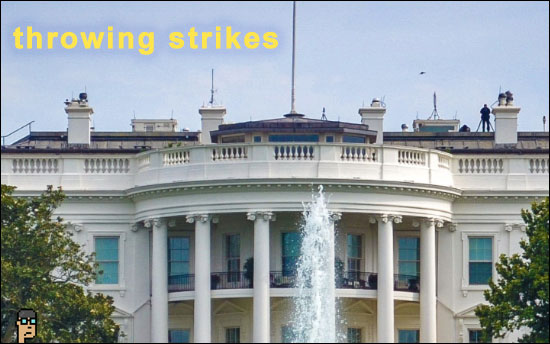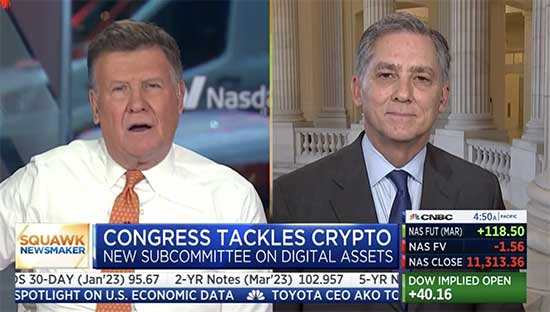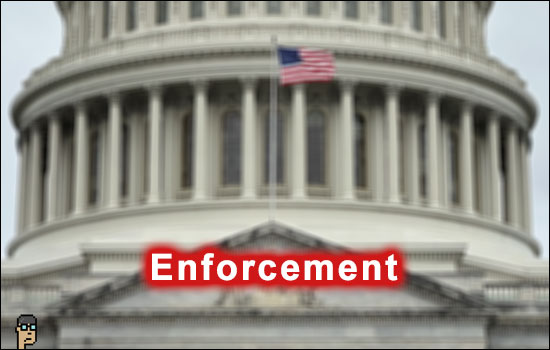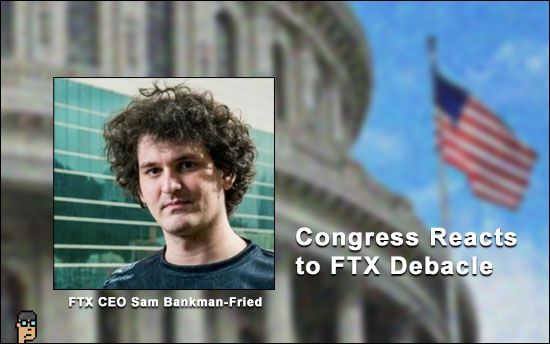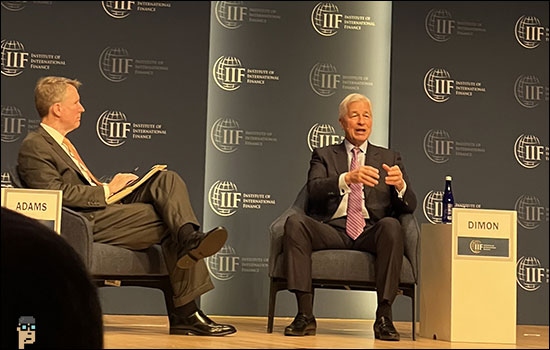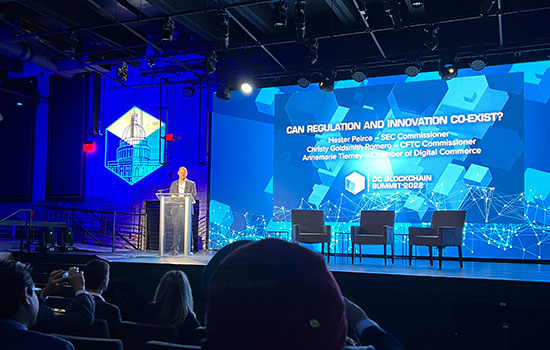Here’s today’s blockchain tipsheet… Want it by email? Sign up here.
White House throws 3-pitch crypto strikeout
STRIKE 1 – On Friday, with a tip of the cap to President Biden’s digital assets Executive Order last March, the White House released, “The Administration’s Roadmap to Mitigate Cryptocurrencies’ Risks.” The emphasis of the report is entirely on “risks.” Also – note the use of “cryptocurrencies’ risks” rather than “digital assets risks” in the title. Is the White House cutting to the chase on what it thinks about the broader context of digital assets and blockchain technology? Co-author and White House National Economic Council Director Brian Deese warned Congress later in the day, “We’re ready to work w/ Congress to address regulatory gaps, but it would be a grave mistake to reverse course and deepen ties btw crypto and the financial system.”
STRIKE 2 – At the same time, the Federal Reserve Board (FRB) announced that it was not letting digital assets bank and Wyoming-based Custodia Bank become a member of the Federal Reserve System. “The firm’s novel business model and proposed focus on crypto-assets presented significant safety and soundness risks…” – no crypto allowed in the U.S. banking system in other words. Expressing “surprise and disappoointment,” Custodia Bank’s founder and CEO Caitlin Long said Custodia’s master account application at the Federal Reserve Board of Kansas City is still pending. Perhaps -but it’s also mired in the courts. This is the front lines of TradFi vs DeFi.
STRIKE 3 – Finally, at the same time as its Custodia bank announcement, The FRB issued a 14-page policy statement warning banks about their involvement in crypto on the grounds of “safety and soundness.” According to a separate press release, “The Board has not identified any authority permitting national banks to hold most crypto-assets, including bitcoin and ether, as principal in any amount, and there is no federal statute or rule expressly permitting state banks to hold crypto-assets as principal. Therefore, the Board would presumptively prohibit state member banks from engaging in such activity under section 9(13) of the Act.” In a four-page memo to its Board of Governors, The Fed boils the policy down including the intent to rein in state banks interested in crypto… like those in Wyoming?
will pro-crypto Dems desert?
With a Democratic White House appearing to fight against efforts to advance digital assets legislation, where does Friday’s “3-pitch strikeout” leave pro-crypto Democrats especially as the next Presidential election approaches in 2024? Some Democratic political strategists around the President may believe crypto and digital assets as something to use against Republicans in ’24.
Continue reading “White House Anti-Crypto Stance Threatens Bipartisan Coalition; US CBDC In The Mix”

